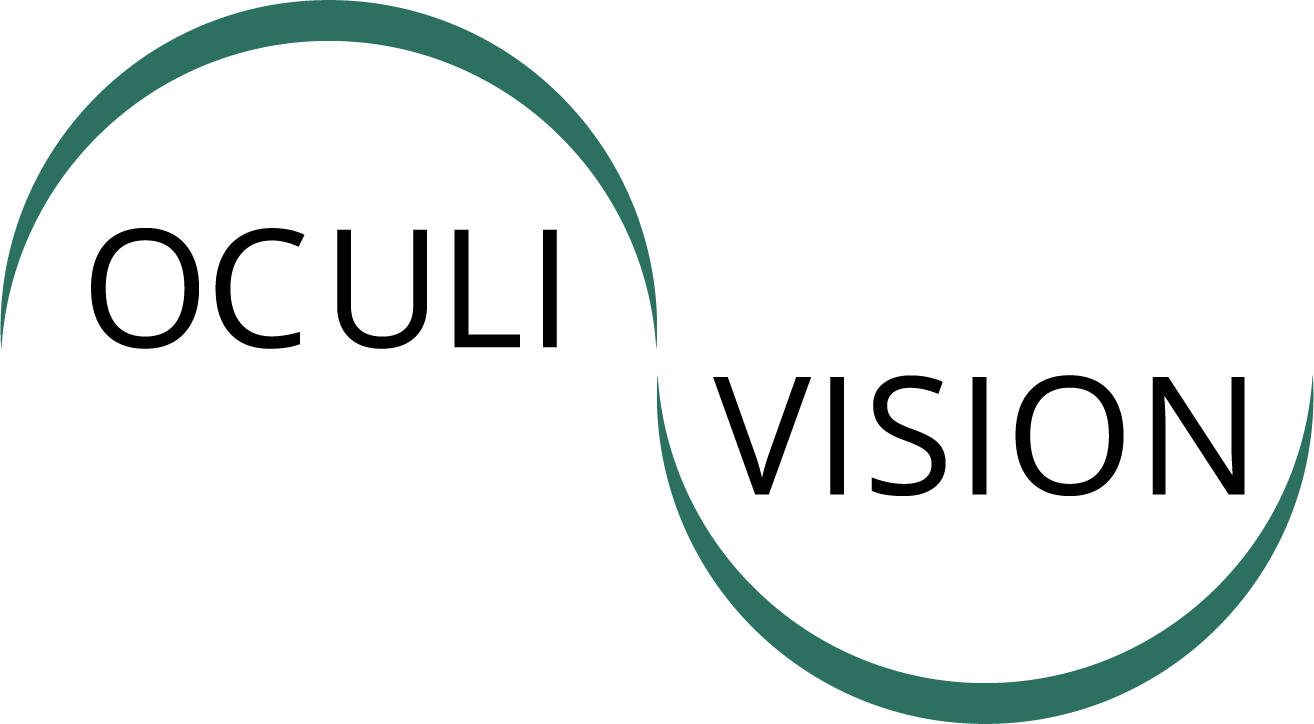Your eyesight is a precious gift and it’s important to take care of it. Eye care professionals provide invaluable services that can help you support optimal eye health throughout your lifetime. There are many kinds of eye care professionals and each one specializes in certain areas of eye health. Let’s look at some of the most common eye care professionals and what they do.
Types of Eye Care Professionals
Several eye care professionals complete various levels of higher education before starting their careers. Among others, these include opticians, optometrists, ophthalmologists, and ophthalmic technicians. Though their duties overlap sometimes, each plays a distinct role in patient eye care.
Opticians
While opticians technically aren’t medical doctors, they’re still integral to any eye care practice. They generally choose patients' eyeglasses and contact lenses based on prescriptions from an optometrist or ophthalmologist. Opticians are also responsible for measuring eyes and fitting prescriptions lenses to correct patients’ vision.
Opticians may also aid with patient education regarding proper
contact lens use and maintenance, as well as
nutrition tips for healthy eyesight. In short, opticians work closely with other eye care professionals to ensure each patient receives the best vision care possible.
Optometrists
Optometrists are primary eye care professionals who earn a Doctor of Optometry (OD) degree. They typically perform eye exams, make diagnoses, and prescribe medical treatments for various eye diseases. Optometrists also prescribe eyeglasses or contact lenses as needed.
Technically, optometrists are doctors because they hold a doctorate degree. However, they’re only considered medical doctors (MDs) if they also complete four years of medical school after college. Optometrists focus on diagnosing and medically treating most eye conditions that don’t require surgery or extensive therapy. These often include moderate to severe cases of nearsightedness, farsightedness, light sensitivity, and astigmatism. Though they aren’t trained surgeons, they may refer their patients to an ophthalmologist in some cases.
Optometrists sometimes choose to specialize in the field of
neuro-optometry, a key intersection between brain and eye healthcare. Neuro-optometrists generally assist patients with
visual rehabilitation by employing specific techniques to overcome common visual deficits. They often treat those with disabilities, traumatic brain injuries, or neurological conditions such as Parkinson’s disease and multiple sclerosis.
Ophthalmologists
Ophthalmologists are MDs who specialize in eye anatomy, physiology, and pathology. Many of their responsibilities overlap with those of skilled optometrists. They generally diagnose and treat moderate to severe cases of glaucoma, cataracts, macular degeneration, diabetic retinopathy, and strabismus (crossed eyes). However, ophthalmologists also perform targeted surgery for various eye conditions.
Ophthalmic Technicians
Many ophthalmologists work alongside skilled technicians. These eye care professionals generally take patient histories, update medical records, and answer questions about upcoming procedures. They may also sterilize instruments, prepare exam rooms, dispose of hazardous materials, and aid with equipment calibration. Like opticians, ophthalmic technicians aren’t doctors, but they’re often certified and may also be licensed by their respective states.
Benefits of Eye Care Professionals
Visiting an eye care professional is important for a variety of reasons. For instance, it can detect early signs of diseases that could potentially cause permanent damage if left untreated. Plus, these visits also ensure that your
current prescription is correct, allowing you to maintain sharp vision over time. Here are just a few reasons to visit your eye care professional.
1. Comprehensive Eye Exams
During these exams, an optometrist will check your eyes for any signs of underlying disease or issues that can affect your vision. Eye care professionals also use advanced technologies to measure the way your eyes interact with light, which helps them decide if you need corrective lenses. Plus,
regular visits can identify issues like glaucoma early on so that they can be treated quickly and effectively.
2. Prescription Lenses
If you need corrective lenses, then seeing an eye doctor is the only way to get them safely and legally. An optometrist or ophthalmologist will be able to prescribe the right lenses depending on the
strength of your vision and which type of lens would best suit you. They’ll also advise you on
how to clean and look after your new lenses to prolong their lifespan.
3. Expert Advice
Eye care professionals can provide expert advice on how to take care of your eyes throughout your lifetime. They’ll discuss things like UV protection, diet tips for better eye health, and
lifestyle choices that affect vision over time. Plus, talking with your optometrist or ophthalmologist about vision changes can help you treat conditions before they become more severe.
Trust Our Eye Care Professionals
Opticians, optometrists, ophthalmologists and their technicians all work together to provide excellent vision care for their patients. If you have any questions about your vision, then please feel free to
give us a call,
send us an email, or
contact us online today. Our skilled eye care professionals are always willing to give you the support you deserve.

